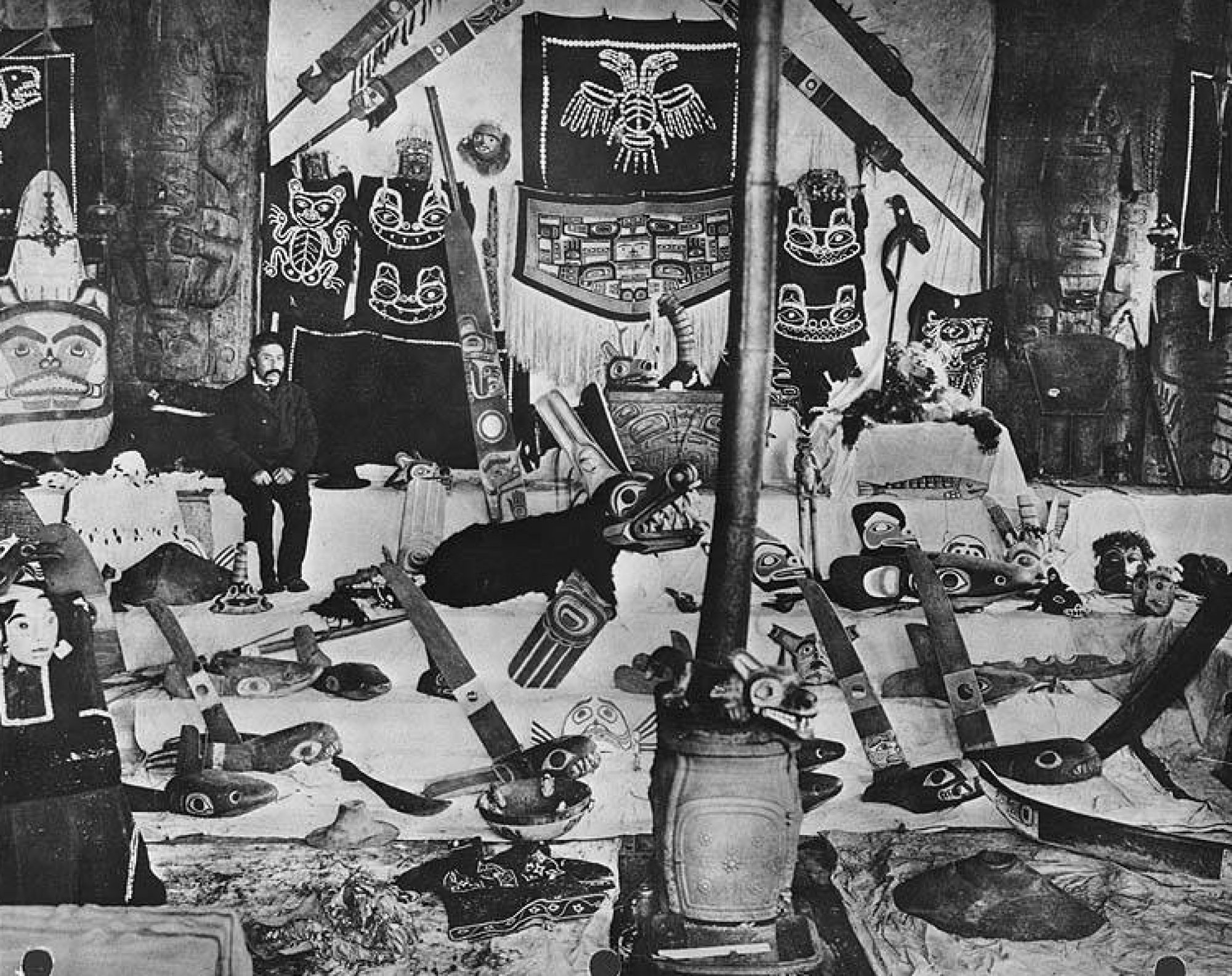Biographical Timeline | Leadership Qualities | Sixties Scoop Settlement | References
The ‘Sixties Scoop’ was a period in the late 20th century when provinces of Canada forced adoption of indigenous children into white families in Canada, the United States, and as far as Europe. As the federally-supported boarding school system of cultural genocide was wound down, the task of forced assimilation was placed on social workers in provincial child welfare systems. Social workers coerced parents and used any reason possible to take indigenous children away from their parents, such as after doctors appointments, using any minor accidental injury as an excuse. The sixties scoop was arguably even more effective at the goal of the residential schools that Prime Minister Macdonald laid out in 1879, writing, “Indian children should be withdrawn as much as possible from the parental influence, and the only way to do that would be to put them in central training industrial schools where they will acquire the habits and modes of thought of white men.” Forced adoption furthered this goal in a way the residential schools could not.
Ending over 18 class-action lawsuits, on October 6th the federal government reached an $800m settlement agreement to make reparations to surviving adopted indigenous people, who should each receive around $25,000. However, people of the Métis Nation and other native people without Federal Indian Status are not eligible for compensation, despite being victims of the sixties scoop. Jeffery Wilson, the class action lawsuit attorney who represented Ontario First Nations scoop survivors, commented that, “the reason Métis are not included is because there is no records to identify Métis during the relevant period of time.” This is contradictory to the many lived experiences that survivors have come forward with.
In a television interview, David Chartrand, president of the Manitoba Métis Federation, rebuffed the claim, “I can give them a list of names and names and families and families. We’re finding them every day, and on our own dime.” Chartrand saw the snub as yet another case of Canada disregarding the Métis, as they have done in the past with the sixties scoop itself. He connects it to Canada’s 1870 land grab after the Red River Rebellion, where Louis Riel’s achievement was promised in the Manitoba Act for 240 acres of land to be set aside for each Métis nation member, giving them a “head start” before white colonialists arrived en masse. After the act, the federal government improperly distributed the land, failing their promise and allowing white settlers to prospect, ultimately leading to the Northwest Rebellion and Louis Riel’s unjust execution. Chartrand spoke, “There’s a sense of being again left out, not only the first time. You go back and reflect on history. Canada left us out in 1870 in the land claims. And again in 1960, they did that to us as children, they left our children out, they sold our children – because it was a cost saving for Canada to give them away to the United States and other countries, and again in 2017 we’re being abandoned by Canada and the children are being left out.” Louis Riel would likely agree with his present successor – Canada continues to ignore Métis sovereignty while conquering and dividing indigenous communities through uneven reparation.
In 2013, the Supreme Court of Canada ruled in favor of the Métis on Canada’s land theft after 1870, requiring Canada to negotiate a treaty with the Métis. At the time, Chartrand reminisced about Louis Riel’s philosophy, “He said there were two societies with treaty together. One was small but in its smallness had its rights. The other was great but in its greatness had no greater rights than the rights of the small. You know, how more fitting can that be today?” Riel would engage in sixties scoop reparations as a negotiation between two nations; diplomatically, as he did with the creation of the provisional Manitoba government, Bill of Rights, and petition for a reservation in Montana, while also willing to take military action when necessary, knowing he’s doing the right thing as a leader for his people.
A recent debate has been made over whether to posthumously exonerate Louis Riel. Riel remains controversial among white Canadians: Québécois widely support him, but many anglophones still view him as a traitor, including the conservative political scientist Thomas Flanagan, who has written extensively on Riel. George Goulet is a Métis scholar who argues that Louis Riel was genuinely illegally convicted under an English statute of treason carrying the death penalty that was no longer the applicable law in Canada. The fact that fresh wounds continue to be made against the Métis nation show a government that is still in the wrong. The Métis National Council believes the act could be one of whitewashing history. Chartrand spoke, “This would probably alleviate Canada’s stress and pressure and guilt that they have maintained when the facts are very clear that they murdered this great leader. Exoneration is not about Riel. Exoneration is about Canada.” Settler colonialism continues in Manitoba; the federal government fought the Supreme Court to continue violating the agreement they made with Riel while leaving his people out of the sixties scoop settlement. The Métis survive with strong leadership, willing to demand sovereignty just as Riel did.

